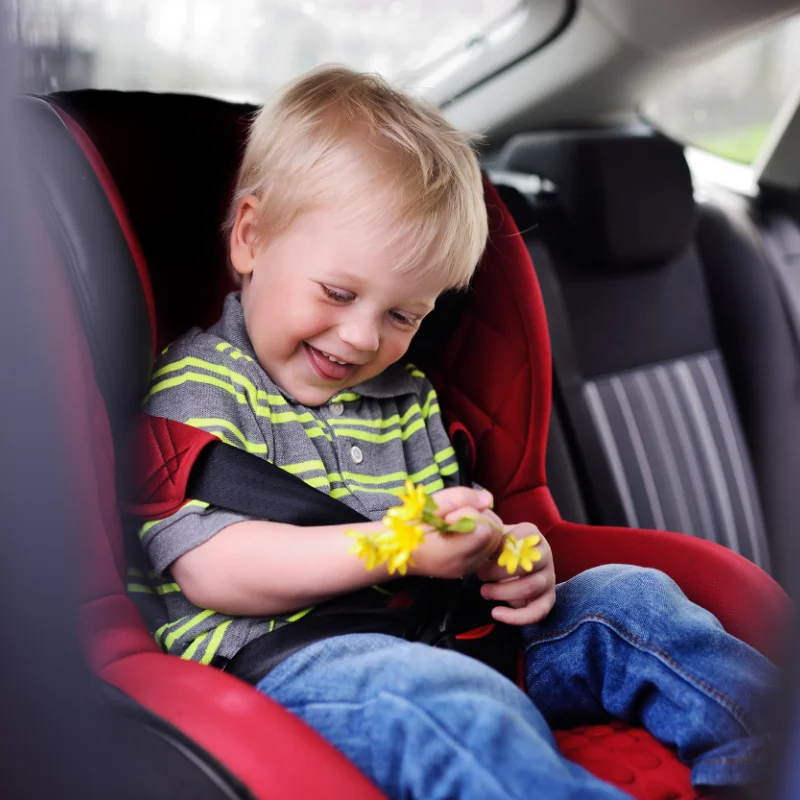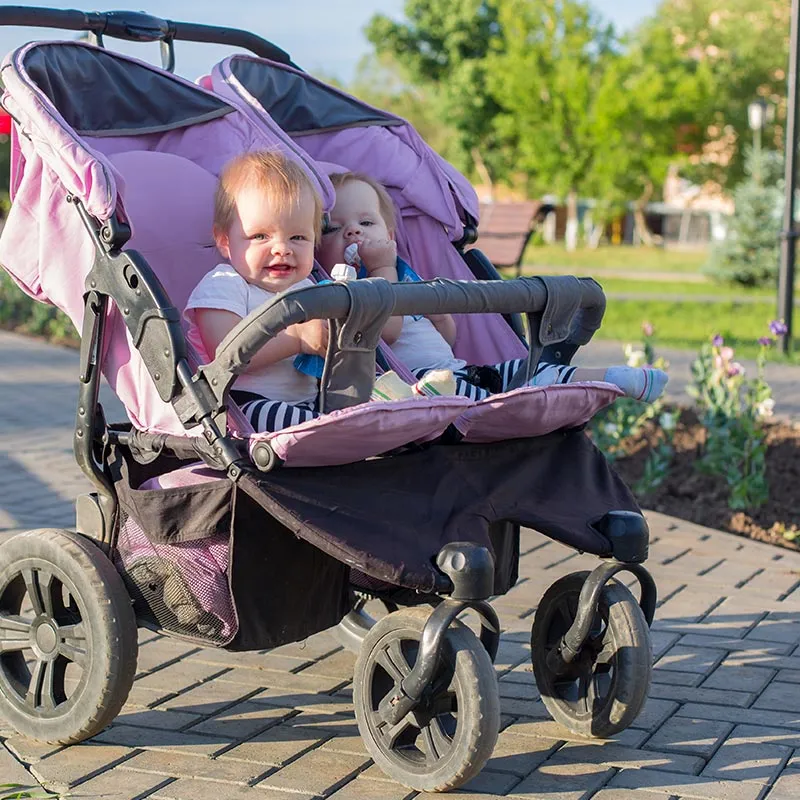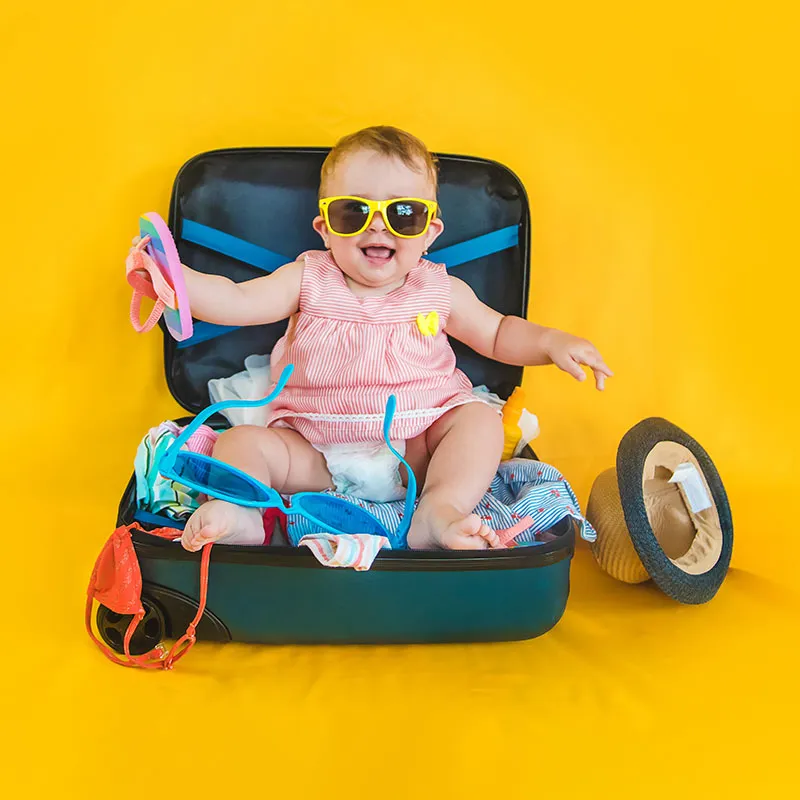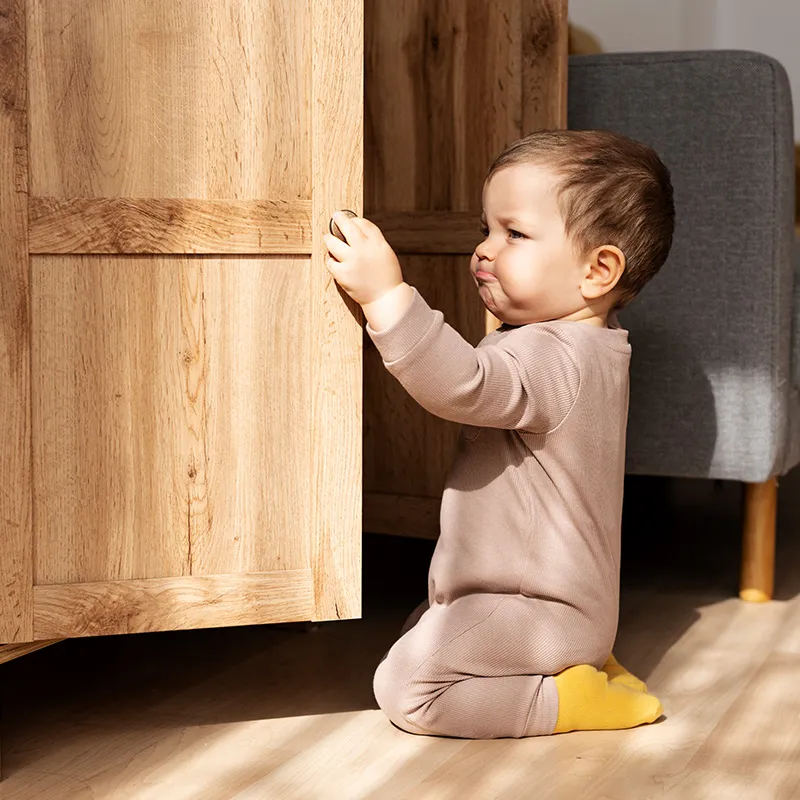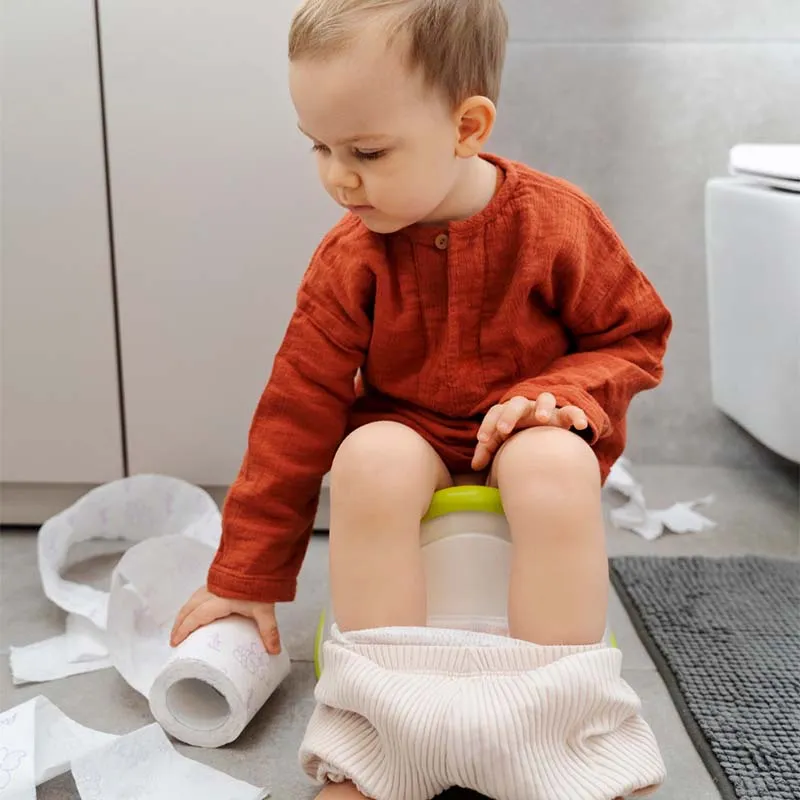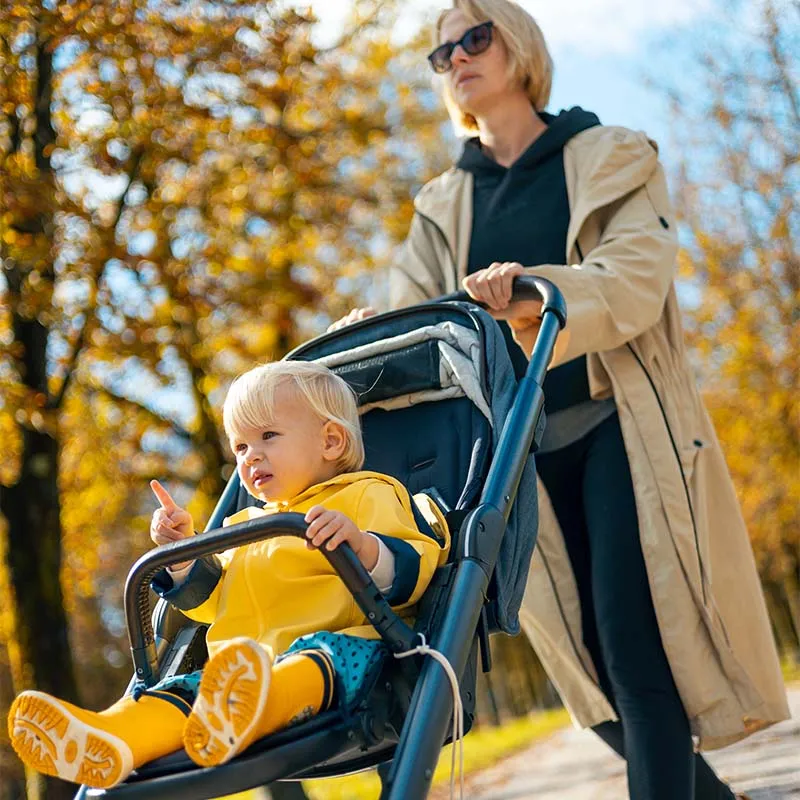Children’s Happiness and well being

Dutch children are among the happiest in the world. Here are the reasons why>
Dutch babies have been declared as the happiest in the world according to UNICEF research. This has been verified by recent reports which examined the difference in temperament between American babies and those born in Netherlands. The Dutch babies smiled more, cuddled more, laughed more and were easier to pacify, while the American infants displayed more fear, sadness and frustration.
The Dutch parenting model is something we should be emulating in Ireland and there is a lot to be learned. Firstly and most importantly there is a recognition that happy parents make for happy children. Parents place their child at the centre of the family and have worked to reduce anxiety stress and reduce the worry caused by unrealistic goals for their children or themselves. They understand that achievement might not necessarily mean happiness, but happiness can foster achievement
Home:

Parents work an average of 29 hours per week, dedicating one day a week to spending time with their offspring. Fathers are as equally hands-on as Mothers. Play is actively encouraged and is likely to be noisy and disruptive. Children are encouraged to explore the world around them and there is a tendency for parents to reason and explain things to errant young ones rather than impose authority. Its all very zen. Eating together is important and sitting down together for meals, especially breakfast,is the norm. Breakfast is for bonding, not just for eating.
School:
 Dutch children, like their Finnish counterparts do not believe in homework for primary school children. Children in the Netherlands stated that they enjoyed attending school and had fun there. No pressure to overachieve is evident and yet, all seem to do well academically despite the lack of emphasis on achievement.
Dutch children, like their Finnish counterparts do not believe in homework for primary school children. Children in the Netherlands stated that they enjoyed attending school and had fun there. No pressure to overachieve is evident and yet, all seem to do well academically despite the lack of emphasis on achievement.
 Respect:
Respect:
The research showed that children felt that they were heard as well as seen. They spent more quality time with parents and were afforded a great deal of trust and independence; allowed to play outside unsupervised and to go on errands and to school alone.
 Not too many things:
Not too many things:
Simple pleasures and a few toys are the norm in the Netherlands home and the happiness of Dutch children was not linked to consumer goods. The Dutch opt for time spent with children rather than money. A birthday party gift would cost no more than €10 and the emphasis would be on enjoying the day rather than outdoing each other with pony rides and bouncy castles. Every year in April the Kings Day festival has open air children’s markets selling second hand toys and clothes in every town and village.
So, we need to go back to basics. Eat together. Enjoy simple pleasures. Listen to your children and try to convince schools that two hours of homework is not necessary for a seven year old.

